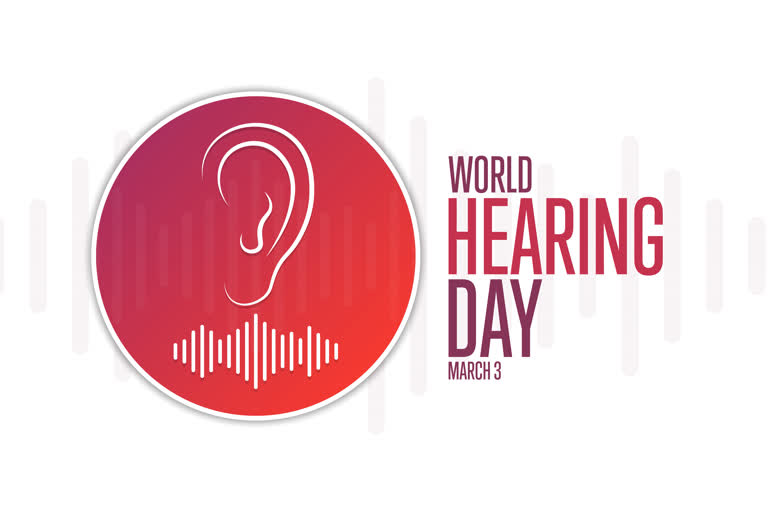According to the stats, 466 million people are living with hearing loss worldwide, which is 6.1% of the world’s population. The World Health Organization (WHO) further states that It is estimated that by 2050 over 900 million people will have disabling hearing loss. Also, 1.1 billion young people (aged between 12–35 years) are at risk of hearing loss due to exposure to noise in recreational settings.
Key Messages
The key messages of the World Hearing Day 20201, as WHO states are:
Policymakers
- The number of people living with unaddressed hearing loss and ear diseases is unacceptable.
- Timely action is needed to prevent and address hearing loss across the life course.
- Investing in cost-effective interventions will benefit people with hearing loss and bring financial gains to society.
- Integrate person-centered ear and hearing care within national health plans for universal health coverage.
General public
- Good hearing and communication are important at all stages of life
- Hearing loss (and related ear diseases) can be avoided through preventative actions such as: protection against loud sounds; good ear care practices and immunization.
- Hearing loss (and related ear diseases) can be addressed when it is identified in a timely manner and appropriate care sought
- People at risk of hearing loss should check their hearing regularly
- People having hearing loss (or related ear diseases) should seek care from a health care provider
Hearing Loss vs Deafness
Here is how WHO draws out the difference between the two:
‘Hard of hearing’ refers to people with hearing loss ranging from mild to severe. People who are hard of hearing usually communicate through spoken language and can benefit from hearing aids, cochlear implants, and other assistive devices as well as captioning. Deaf people mostly have profound hearing loss, which implies very little or no hearing. They often use sign language for communication.
Type Of Hearing Loss
The types of hearing loss can be categorized into four categories, as explained by the Centers For Disease Control And Prevention (CDC):
- Conductive Hearing Loss
Hearing loss caused by something that stops sounds from getting through the outer or middle ear. This type of hearing loss can often be treated with medicine or surgery. - Sensorineural Hearing Loss
Hearing loss occurs when there is a problem in the way the inner ear or hearing nerve works. - Mixed Hearing Loss
Hearing loss includes both conductive and sensorineural hearing loss. - Auditory Neuropathy Spectrum Disorder
Hearing loss that occurs when sound enters the ear normally, but because of damage to the inner ear or the hearing nerve, the sound isn’t organized in a way that the brain can understand.
The degree of hearing loss can vary from person to person and can be classified as mild, moderate, severe, and profound. Also, a person can have hearing loss in one ear or both ears of either the same degree or different. It can be constant, get better or worsen with time. Sometimes, it can also be by birth or appear later in life.
How To Prevent Hearing Loss?
- Avoid loud noises like those of motorcycles, workplace machines, drills, firecrackers, etc. If you cannot avoid loud noise at workplaces, wear an earplug or earmuff.
- Earphones and headphones can do a great deal of damage to your ears. Listen to music at low volume and do not increase it for the sake of covering up the outside noise. Use noise-canceling headphones instead.
- Do not use earphones or headphones for hours together. Take breaks in between, after every one hour at least.
- At concerts, be at a distance from the loudspeakers. Take a break and walk away from noisy areas.
- Turn down the volume of TV, radio, sound system at home
- Check for side effects of certain medications like antibiotics, cancer medicines, etc.
- If there is an earwax buildup, go to a doctor and get it removed. Hearing loss due to earwax buildup is easily treatable.
- Certain infections too can cause it. Therefore, immunize kids for infections including measles, rubella, mumps, etc.
- Avoid using earbuds to clean the wax in your ears. You can cover your finger with a clean cloth and clean the outer region of your ears.
- Do not insert any sharp object or pour any kind of oil or liquid into your ears, unless prescribed by the doctor.



